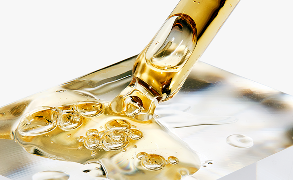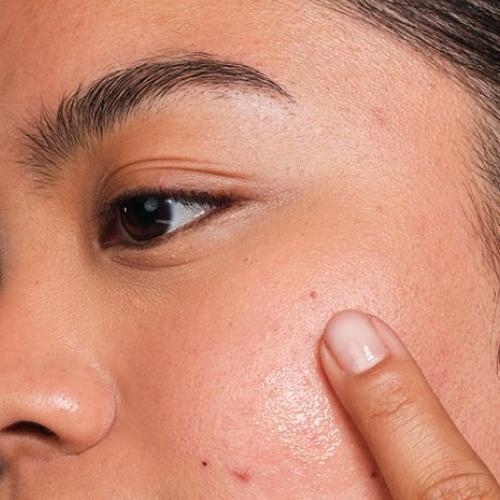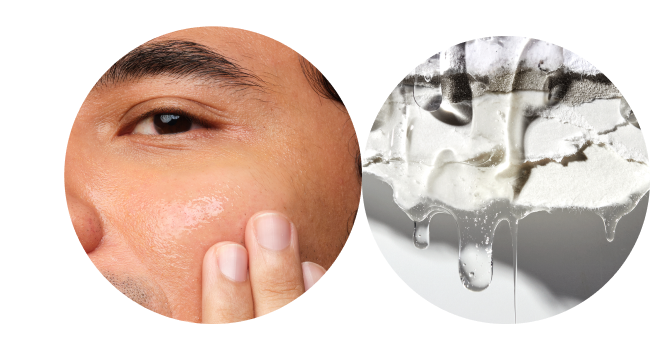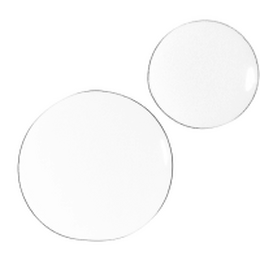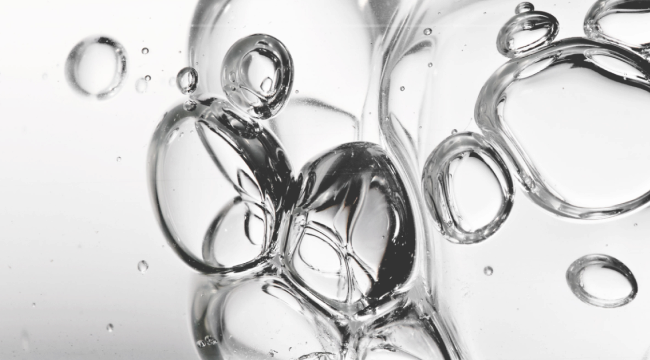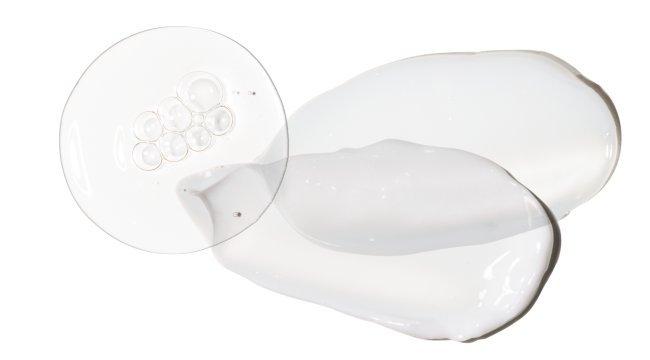Because of the overwhelming amount of skincare products in the market, and a flood of conflicting information online, it’s easy to make mistakes when building a skincare routine for sensitive skin. Watch out for these common mistakes:
Over-exfoliating
Exfoliating the skin removes the top layer of dead skin revealing a brighter complexion below. However this can also disrupt the skin’s protective barrier formed by those skin cells.
Over-exfoliation can create further damage to the skin barrier, leaving it more vulnerable to signs of irritation. If your skin barrier is damaged, it may be best to take a pause and turn your focus on skin barrier strengthening and maintenance.
Using Harsh Products
When working to repair a compromised skin barrier, it's important to eliminate any products from your routine that may be making the irritation worse. Potent actives like retinol and vitamin C, while beneficial under normal circumstances, can sometimes be irritating especially if the skin's barrier is compromised. Retinol promotes cell turnover and collagen production but may cause dryness and visible sensitivity, especially when the barrier is impaired.
Many other actives, such niacinamide, or certain acids, can lead to discomfort or redness. Once skin feels more balanced and free of irritation, these ingredients can be introduced gradually while monitoring for any adverse reactions. Alternatively, gentler options—such as our GF 15% Solution, or our Multi-Antioxidant Radiance Serum—may help to minimize the risk of irritation while providing effective results. As always, we recommend doing a patch test before adding new products to your skincare regimen.
Using Hot Water
Hot water can cause disruption to the skin barrier by stripping it of its natural lipids and disrupting the skin barrier. When washing, it’s best to use water that is cool to luke-warm to prevent irritating your skin.
Not Wearing SPF
UV exposure can also lead to a stress response in the skin (seen as signs of redness we associate with sunburn), as well as damaging the skin barrier leading to increased water loss. Consider adding a broad-spectrum sunscreen for protection against the damaging effects of UV light.
UV Filters SPF 45 Serum is a serum-textured sunscreen that helps protect against sun damage. Those more prone to signs of irritation sometimes prefer to choose a mineral sunscreen that uses Zinc Oxide and/or Titanium dioxide as they are generally more tolerated by those prone to skin irritation.
Choosing Skincare with Fragrance
It’s also a good idea to choose skincare that is fragrance-free, as some fragrance molecules can act as irritants for some and may actually cause more damage to your skin barrier. Even naturally derived scents may include compounds that are known to cause reactions in certain individuals. When used regularly, fragranced products might contribute to changes in how your skin feels or responds, particularly if your skin is already prone to dryness or sensitivity.
Neglecting Lip Care
Regardless of your skin type, lips often require special attention due to their delicate nature. The Ordinary's Squalane + Amino Acids Lip Balm offers a gentle solution, formulated with squalane to provide hydration and support the skin's barrier and a blend of amino acids that help retain moisture. This balm is also fragrance-free and suitable for all skin types, making it a gentle option for daily lip care.
 Claim Your 10% Off
Claim Your 10% Off
